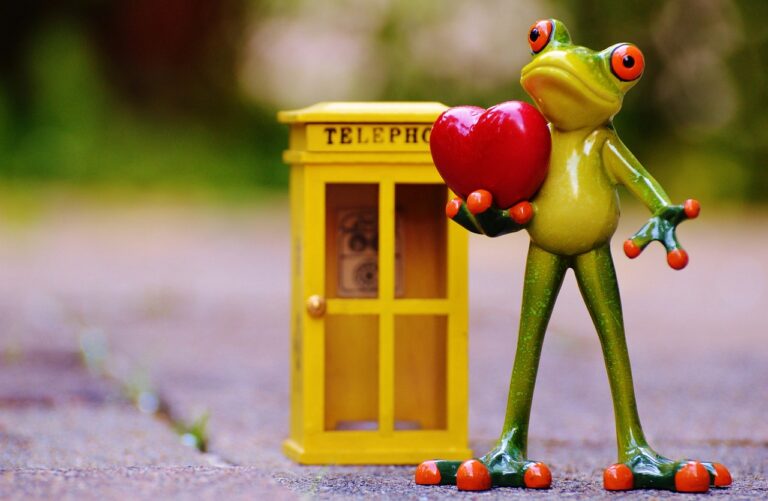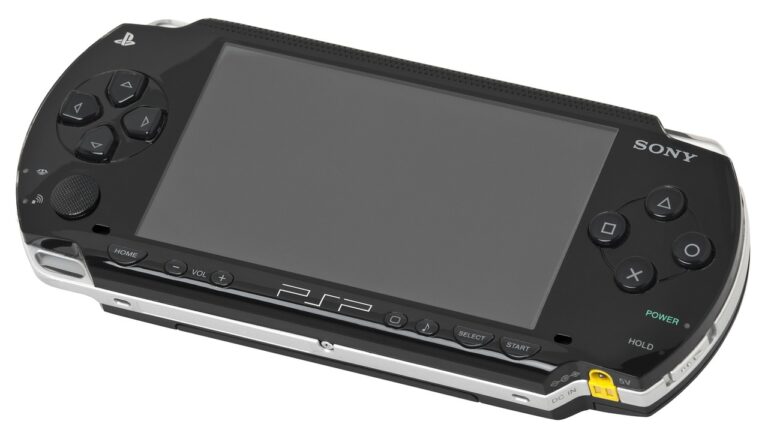Exploring Music Venue Accessibility for People with Chronic Health Conditions: Inclusive Facilities and Services: 99 exchange login password, Laser 247 sign up, Yolo 247
99 exchange login password, laser 247 sign up, yolo 247: Exploring Music Venue Accessibility for People with Chronic Health Conditions: Inclusive Facilities and Services
Picture this: your favorite band is finally playing in your city, and you can’t wait to dance, sing, and enjoy the music with your friends. But for someone living with a chronic health condition, attending a live music event can be challenging and even daunting due to accessibility barriers. From navigating crowded venues to finding appropriate seating options, there are several factors to consider when it comes to making music venues inclusive for everyone.
In recent years, there has been a growing awareness of the importance of accessibility in various spaces, including music venues. While progress has been made in some areas, there is still much work to be done to ensure that people with chronic health conditions can fully participate in live music events.
Inclusive Facilities
One of the most critical aspects of making music venues accessible for people with chronic health conditions is the physical layout of the space. Here are some key factors to consider:
1. Wheelchair Accessibility: Ensure that the venue is wheelchair-friendly, with ramps, elevators, and designated seating areas for those with mobility issues.
2. Accessible Restrooms: Make sure that restrooms are easily accessible and equipped with grab bars and other features to accommodate individuals with mobility impairments.
3. Seating Options: Provide a variety of seating options, including comfortable chairs for those who cannot stand for long periods and designated spaces for people with wheelchairs or mobility aids.
4. Quiet Spaces: Offer designated quiet areas where attendees can take a break from the noise and crowds if needed.
5. Lighting and Signage: Ensure that the venue is well-lit and that signage is clear and easy to read for people with visual impairments.
Inclusive Services
In addition to physical accessibility, music venues can also offer inclusive services to make the experience more enjoyable for everyone. Here are some examples:
1. Accessibility Information: Provide detailed information on the venue’s website about accessibility features, such as seating options, parking, and restroom facilities.
2. Assistance Services: Offer assistance services, such as designated staff members to help navigate the venue or provide support during the event.
3. Ticketing Options: Provide accessible ticketing options, such as online reservations for accessible seating or companion tickets for those who need assistance.
4. Communication Support: Offer communication support for individuals with hearing impairments, such as sign language interpreters or captioning services.
5. Dietary Accommodations: Ensure that food and beverage options cater to a variety of dietary needs, including allergy-friendly and healthy choices.
FAQs
Q: Can I bring my service animal to a music venue?
A: Yes, service animals are typically allowed in music venues, as long as they are well-behaved and under control at all times.
Q: Is there reserved seating for people with disabilities at music events?
A: Many venues offer reserved seating for individuals with disabilities, including wheelchair-accessible areas and companion seating options.
Q: How can I request assistance at a music venue?
A: You can contact the venue in advance to request assistance or speak to staff members on-site for support during the event.
In conclusion, creating inclusive music venues for people with chronic health conditions requires a combination of physical accessibility and supportive services. By implementing these strategies, music venues can ensure that everyone can enjoy live music events to the fullest.







